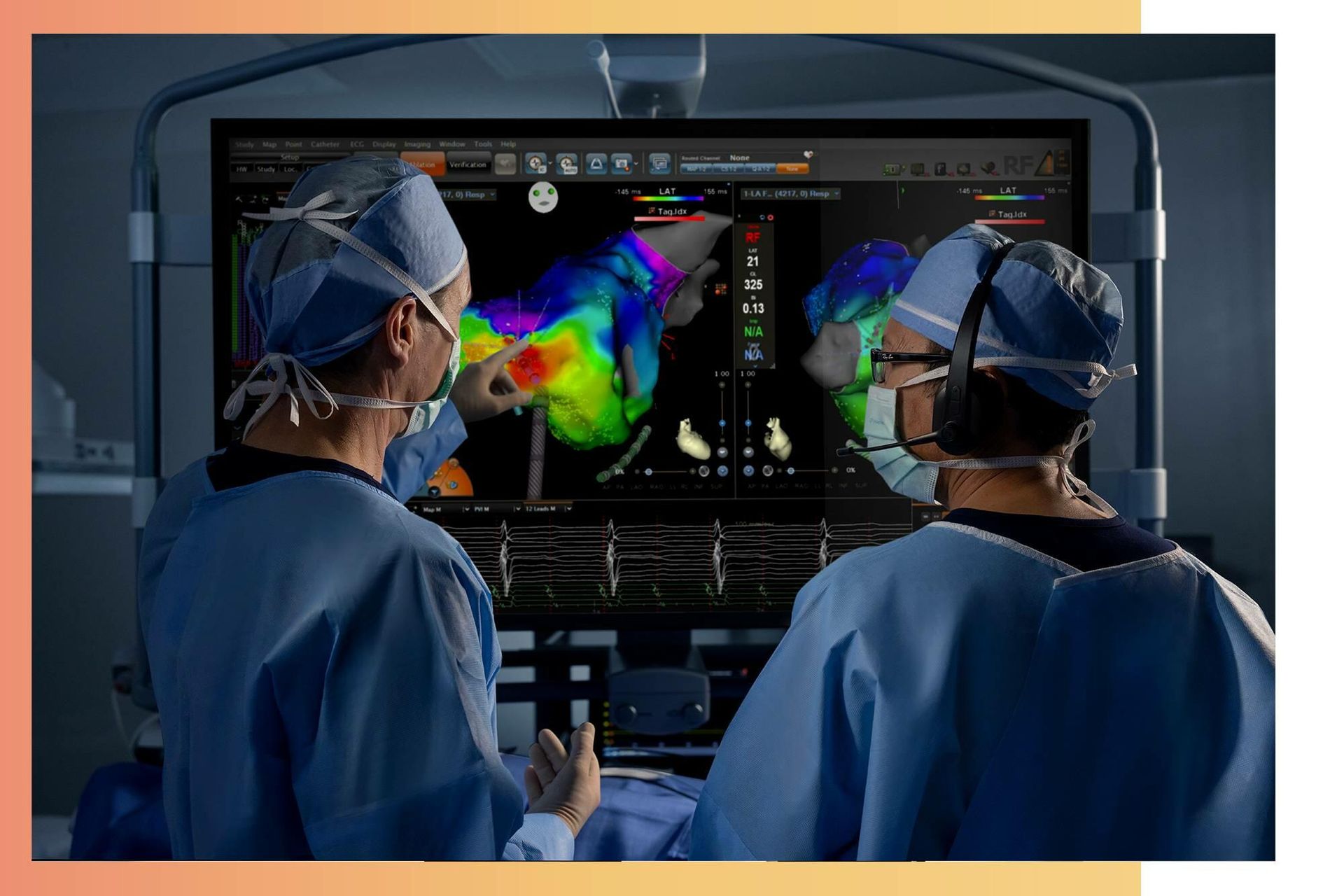New Hospital Consultant Job: Creating a Vision and Action Plan
Are you starting a new job as a hospital medical consultant? What should you do in your first six months to make an impact? We have a simple 3 part plan.
Start your new consultant job with motivation and energy, develop an action plan and get results within your first six months.
We would say there are three steps to achieving this: Sponge, Vision, Action
1. Sponge - Collect and Evaluate Information
Soak up as much information as you can, both formal and informal, about the department and the hospital which you will be joining. The formal information is concerned with the official data about patient numbers, admissions, procedures and outcomes and the policies and procedures which guide the workflow. A detailed evaluation of these will allow you to understand the workings of your department and its effectiveness in providing medical care.
Key Data
- Patient hospital admissions - GP referrals, emergency admissions, elective admissions
- Patient out patient consultations - numbers, waiting times, referral source
- Procedures and investigations performed - numbers and types of procedures
- Treatment - effectiveness of treatments used, complications
- Average length of hospital admissions
Informal Information
The informal component of information is just as important as the formal side, but takes longer to understand. You need to work out who are the key players in the department and hospital, how the communication networks work, who is effective and who is not. Part of being a good sponge is to do plenty of wandering about and seeing what really goes on, talking to the ‘real’ people at the front line (they will tell you the truth when they get to know you and when they see that you are a genuine listener with their future at heart). Another good idea is to speak to some of the General Practitioners (GPs) who are the biggest patient referrers and find out what they think of the department and what they would like changed. Is the communication timely and effective, do they feel involved in the patient management, are they getting a good service and do they have recommendations for improvement?
If you can fix a couple of small obvious “quick wins” while in the sponge phase that would be great, otherwise it might look as if you are doing nothing.
2. Vision - Goals for the Service
As a consultant, you are a leader of a team, and leaders are expected to come with a vision of how the team should perform and function. The vision and goals crucial to its achievement should be defined and clearly communicated to the team. However it is difficult to develop an effective vision without understanding the department and hospital where you are working and so the vision is one thing you will need to evolve during your first few months at work.
You vision will inevitably be based upon your previous experience combined with a sound understanding of the issues confronting your department right now. It needs to be exciting, and simple enough to communicate, and later it needs to have a plan of how you will get there, so that everyone can see what their part will be to achieve it. Clarity of purpose is essential.
It is a good idea to consult with your team members in the creation and clarification of this vision as this improves their buy in which will be essential to the success of the action plan.
3. Action Plan
Define goals which are critical to obtaining your vision, make a plan of action and implement it. Make sure that you take decisive actions towards the end of your first six months. If you do not, then you are finished. Observers (and that’s everyone!) will conclude that you are weak, or have no vision, and that nothing is going to change. Forces will start to strengthen against you. The honeymoon is over and problems are beginning to be your fault now, and yet you have done nothing to put them right.
Do not be tempted to do step 3 before several months of step 1, however tempting it may be, because you will probably get it wrong and fail. Make sure your vision and actions are based upon both the formal and the informal information you have gathered.
Goals should be SMART a way of setting objectives that are clear, trackable, and achievable. The SMART goals acronym stands for five crucial qualities your goals should have:
- Specific
- Measurable
- Achievable
- Relevant
- Time-bound
You should have some Key Performance Indicators (KPIs) to measure progress.
Maximum and endless communication with all team members and stakeholders is essential to motivate people and get them to understand their role. All team members should have clarity of purpose and clearly defined tasks.
It may be necessary to make changes to people and/or processes. These should be targeted and in line with your goals, not just a big reorganisation for the sake of it.
We hope this article helps both those who are asked questions on this topic at an interview, and those who are actually doing it. Good luck!
2 September 2021
Share this post on Social Media


















